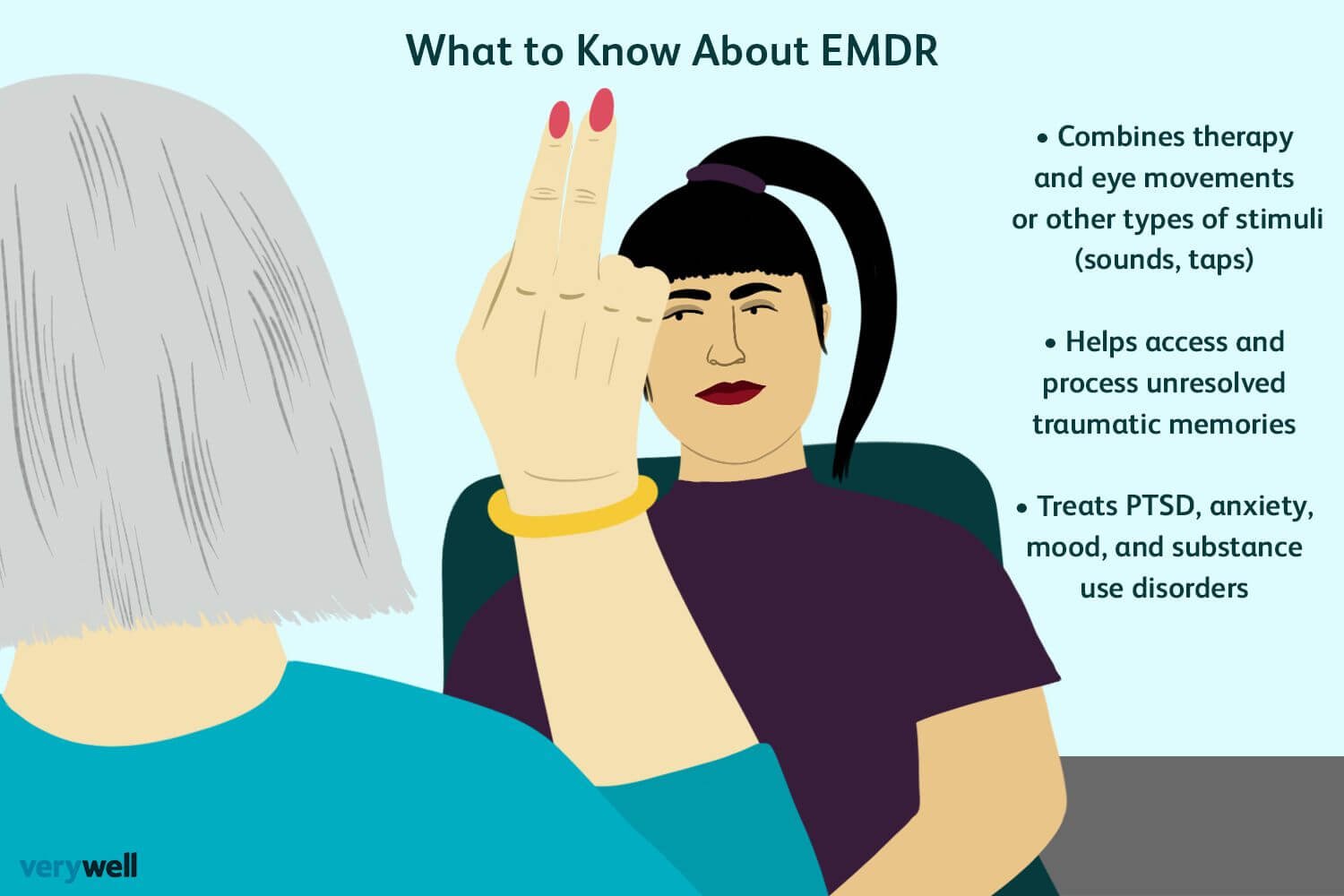
Deepening Emotional Intimacy: Importance, Tips and Barriers
Emotional intimacy is the glue that binds a healthy and fulfilling relationship. It allows you to connect with your partner on a deep and meaningful level, sharing your innermost thoughts and feelings, and feeling safe and supported in return.
Emotional intimacy goes beyond physical and intellectual attraction; it is the foundation for a strong and lasting bond of trust and understanding.
In this article, we will explore the importance of emotional intimacy in a relationship and provide practical tips on how to build and deepen emotional intimacy with your partner.

The Damage of Stonewalling & Overcoming This Relationship Issue

Understanding Secure Attachment Style: The Key to Healthy Relationships

How Do I Stop Anxiety From Ruining My Relationship?

Understanding the Differences: Psychologists, Therapists, and Counselors Explained
Navigating the maze of mental health professionals can be daunting, but understanding the key differences between psychologists, therapists, and counselors can help. Psychologists typically hold doctoral degrees and focus on severe mental illnesses and psychological assessments, while therapists, often with master's or doctoral degrees, address long-term emotional and behavioral issues. Counselors, with master's degrees, specialize in short-term, goal-oriented treatments for specific challenges like addiction or grief.

How to Find the Best Affair Counseling Near Me: A Comprehensive Guide

Sticking Together: 9 Tips for How to Get Through a Rough Patch in a Relationship
Navigating Relationship Rough Patches: 9 Actionable Tips
Every relationship has its ups and downs, but hitting a rough patch doesn’t mean it’s the end. Whether it’s scheduling regular date nights, practicing active listening, or reigniting the spark with small acts of love, there are practical ways to strengthen your bond. Remember to hold onto trust, reflect on the good times, and seek advice when needed. By making a mutual commitment to work through the tough times, you and your partner can emerge stronger and more connected. Dive into our latest blog for nine actionable tips to help you weather any storm together.

The Benefits of Using a Feelings Wheel

Understanding EMDR Therapy - A Guide for Trauma Recovery

How Couples Counseling Can Strengthen Your Relationship

The Benefits of Marriage Counseling for Lasting Relationships
Marriage counseling helps couples address relationship challenges and improve communication, making it easier to navigate conflicts and develop healthier dynamics. It provides a safe space for both partners to express their feelings, explore solutions, and strengthen their emotional connection. Effective communication techniques like 'I' statements and active listening are essential for fostering understanding and reducing conflicts.

Understanding How Adult ADHD Affects Relationships: A Guide
Attention Deficit Hyperactivity Disorder (ADHD) is a neurodevelopmental disorder that affects adults. It is characterized by inattention, hyperactivity, and impulsivity, which can cause difficulties in personal and professional relationships.
The impact of ADHD on personal relationships can be significant, leading to misunderstandings, frustration, and conflict. This guide aims to provide information on how ADHD affects relationships, coping strategies, and tips for partners on how to support their loved ones with ADHD.

How to Cope with Anxiety: Strategies for a Calmer Life
Anxiety is a common mental health disorder that affects millions of people worldwide. It can be a normal and healthy response to stress, helping to activate the body's "fight or flight" response.
However, anxiety can interfere with daily life, relationships, and overall well-being when it becomes chronic or excessive. A range of factors, including genetics, brain chemistry, environmental factors, personality traits, medical conditions, substance use, and social and cultural factors, can cause anxiety.
Understanding these underlying factors can be helpful in identifying effective treatment options and developing coping strategies. Fortunately, there are many strategies and techniques that can help individuals manage symptoms and lead a healthier, more fulfilling life.
This article will explore some effective strategies for coping with anxiety, including mindfulness, exercise, relaxation techniques, getting enough sleep, seeking professional help, practicing self-care, and challenging negative thoughts.

Kayla Crane, LMFT, Wins Colorado Best of Best in Mental Health for 2024

Signs Your Relationship Could Benefit from Marriage Counseling

How to Heal and Move Forward Together After an Affair

Top Communication Tips for a Stronger Relationship

Should I Consult a Couples Counselor Near Me Before Booking an Appointment?

How to Stay Connected as a Couple While Raising Children
